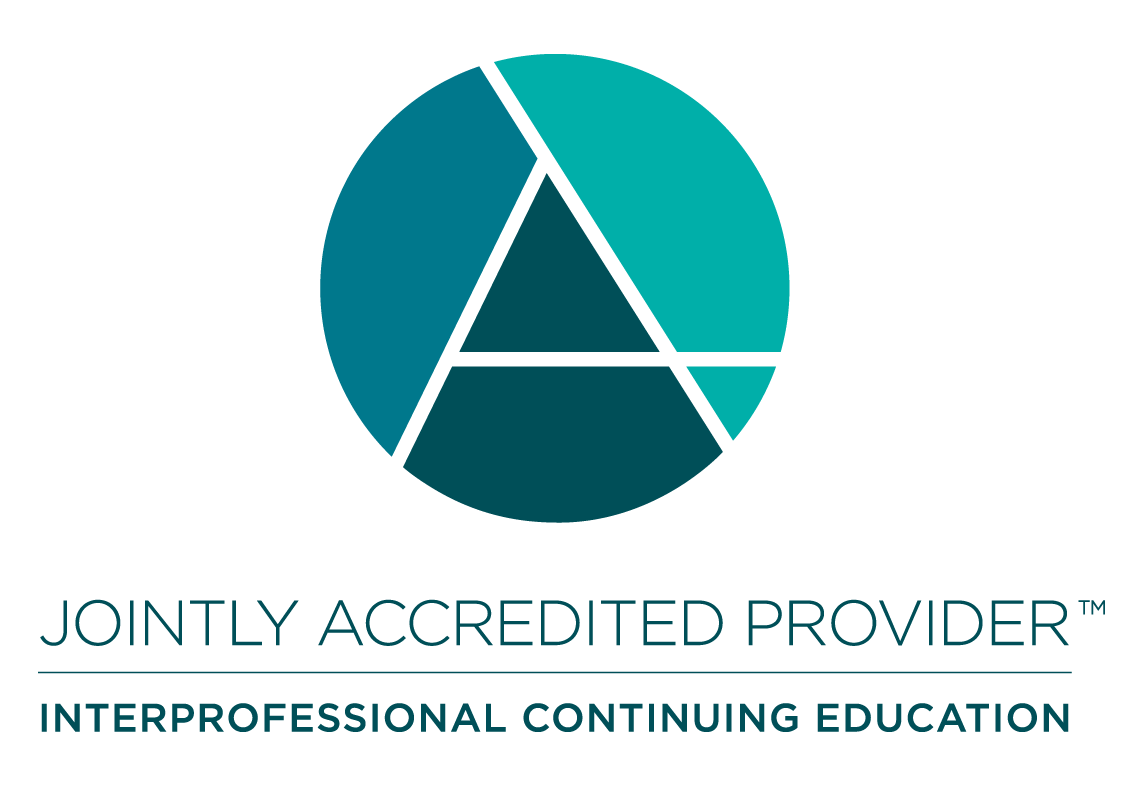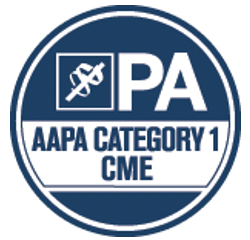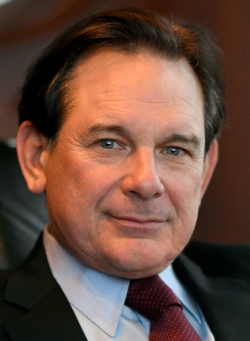
Faculty experts, Jeanine Jarnes, PharmD, and Chester Whitley, MD, PhD delve into the rare and difficult to diagnose GM2-gangliosidoses Tays-Sachs and Sandhoff diseases. Following a discussion of the etiology and pathophysiology of these diseases, the faculty use real-life cases to illustrate the various phenotypes of these conditions, as well as key presenting signs and symptoms. Diagnostic approaches are discussed, alongside current standards of care, including supportive and palliative treatment options. Drs. Jarnes and Whitley describe key therapeutic approaches under investigation to improve outcomes of patients with Tay-Sachs and Sandhoff disease.
This program is also available as a podcast. You may download it here: https://podcasters.spotify.com/pod/show/tay-sachssandhoff
Course Credit:
0.75 AAPA Category I Hours
0.75 AMA PRA Category 1 CreditsTM
0.75 ANCC Contact Hours
0.75 CA-BRN Contact Hours
0.25 Pharmacology Hours
Dates:
Opens: 2023-07-26
Closes: 2024-07-26
Target Audience:
This activity is intended for neurologists, family physicians, internists, geneticists, psychiatrists, psychologists, advanced practice providers, and other clinicians who diagnose or manage patients with GM2 gangliosidoses, specifically Tay-Sachs and Sandhoff disease.
Supported by an independent educational grant from Sanofi.
Accreditation

The Annenberg Center for Health Sciences at Eisenhower designates this enduring activity for a maximum of 0.75 AMA PRA Category 1 Credits™. Physicians should claim only the credit commensurate with the extent of their participation in the activity.

Annenberg Center for Health Sciences at Eisenhower designates this enduring activity for a maximum of 0.75 contact hours, including 0.25 pharmacology hours.
To receive credit for education contact hours outside of the state of California, please check with your state board of registered nursing for reciprocity.
Additional Content Planners
Amber Lambert, MSN, FNP-C, DNP (Nurse Planner)No significant relationships to disclose.
Kam A. Newman, MD (Peer Reviewer)
No significant relationships to disclose.
Sunali Wadehra, MD (Medical Writer)
No significant relationships to disclose.
Annenberg Center for Health Sciences
Staff at the Annenberg Center for Health Sciences at Eisenhower have no relevant financial relationships to disclose.
All of the financial relationships listed for these individuals have been mitigated.
-

Jeanine Jarnes, PharmD, MSc, BCOP, BCPS
Assistant Professor, Department of Pediatrics
University of Minnesota Medical School
Pharmacotherapy for Inherited Metabolic Diseases
Advanced Therapies Department
College of Pharmacy, Experimental and Clinical Pharmacology
Minneapolis, Minnesota -

Chester B. Whitley, MD, PhD
Professor
Medical Director, Advanced Therapies Program
Director, Gene Therapy Center
Director, PKU Clinic Member, Masonic Cancer Center
Departments of Pediatrics, and
Experimental and Clinical Pharmacology
College of Pharmacy
University of Minnesota
Minneapolis, Minnesota
Presenting Faculty
Downloads
Learning Objectives
- Identify the most common presenting signs and symptoms of GM2 gangliosidoses
- Differentiate GM2 gangliosidoses from other possible diagnoses
- Classify emerging treatments for the GM2 gangliosidoses
Faculty Disclosures
Jeanine Jarnes, PharmD, MSc, BCOP, BCPS
Consultant: Lysogene, Passage Bio, Sio